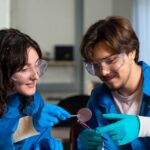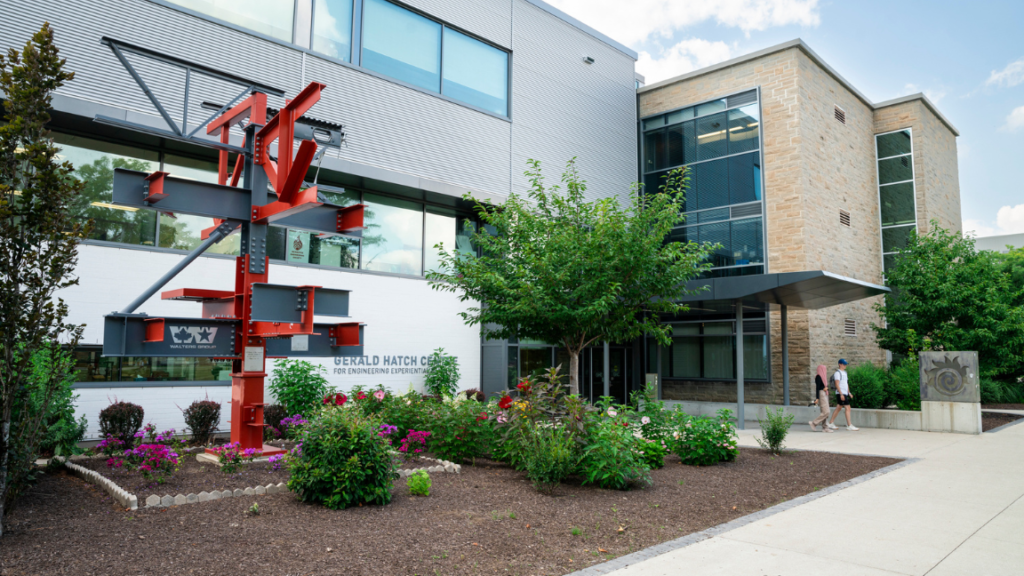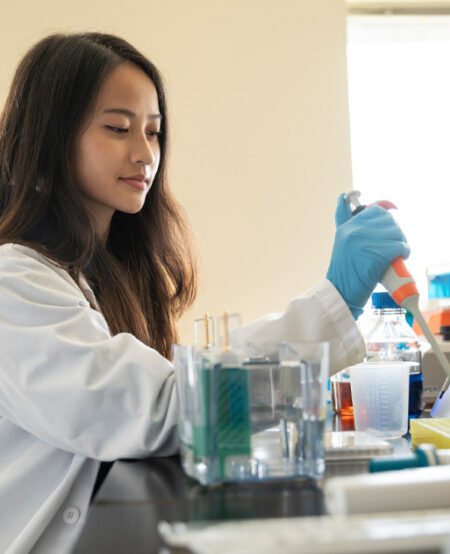- Length
- 5 years
- Degree
- Bachelor of Engineering & Biomedical Engineering (Co-op Available)
- Program
- Integrated Biomedical Engineering & Health Sciences (iBioMed)
- Options
Program highlights
Mechanics is a branch of physics that deals with the interaction of forces on a physical body and its environment. Biomechanical engineering focusses on the effects of physical forces on biological structures and materials in the areas of fluid mechanics, solid mechanics, dynamics, and manufacturing, and the application of these to human health.
Bio-fluid mechanics
Our specialization in bio-fluid mechanics includes blood flow in cardiovascular health, and microfluidics in the development of “organ-on-chip” and “lab-on-chip” devices for drug discovery, medical / environmental diagnosis and drug delivery.
Dynamics
The area of dynamics covers how the body responds to forces including injuries to impact forces, and how to design protective measures (e.g. padding and helmets) to prevent injuries or to improve human performance.
Solid mechanics
Concepts in solid mechanics are used to examine the transmission of forces through tissues in the body to help understand tolerance limits (e.g., fracture and failure limits), how biological adaptation to mechanical loading occurs, and how to develop tissue replacements such as orthotics, artificial implants, or engineered biological tissues.
Manufacturing
The area of manufacturing covers development and use of advanced manufacturing methods to build biomedical microdevices, metal and polymer implant devices, tissue constructs and scaffolds as well as artificial organs.
Admission requirements

Careersand research
Example career paths:
- Biomechanics
- Renewable energy
- Advanced manufacturing in automotive and aerospace industries
- Mechanics and design
- Thermal fluid science
Research areas:
- Advanced Manufacturing
- Biomechanics
- Mechanics and Design
- Thermo Fluid Sciences
Need moreinformation?
How to apply
Understand every step, from applying, to accepting your offer and joining us on campus!
Department of Mechanical Engineering
We’re applying principles of physics for analysis, design, manufacturing, and maintenance of mechanical systems.


